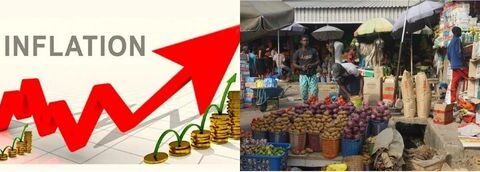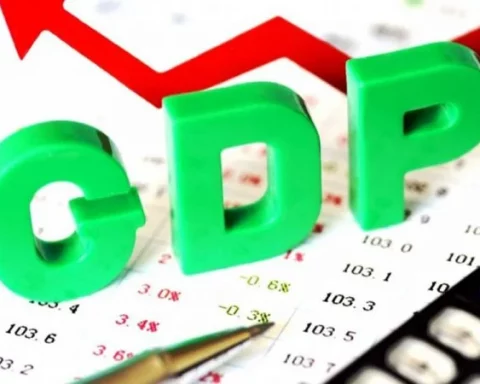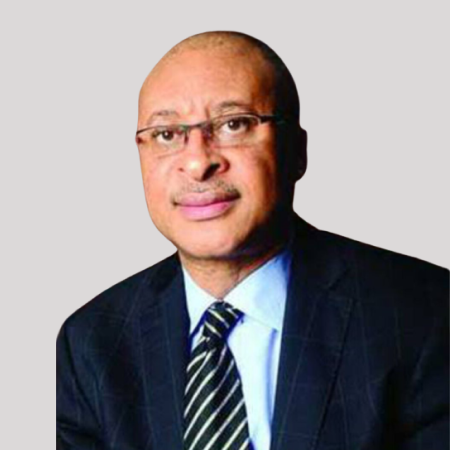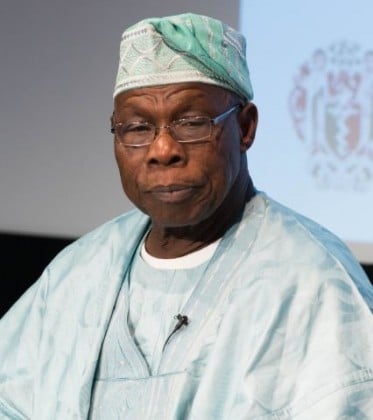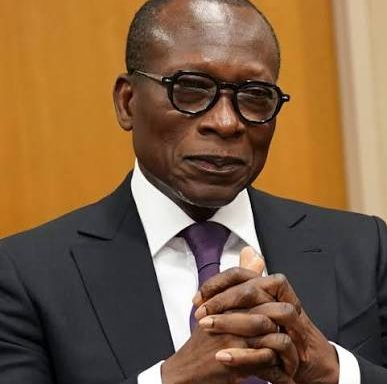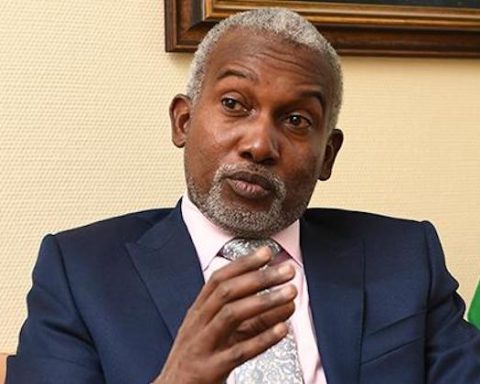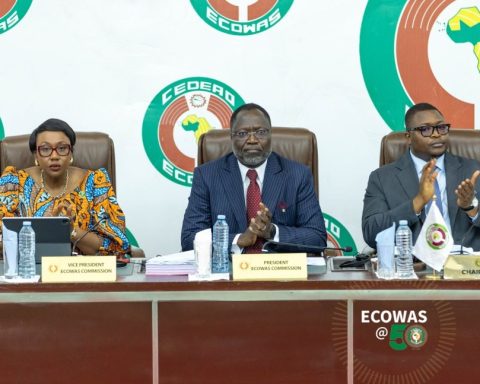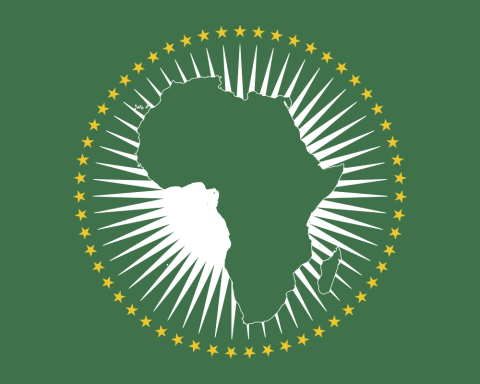South Africans are spending more on gambling and betting than ever before, driven primarily by the rise of online platforms, the convenience of mobile apps, and changing consumer habits, according to data from Statistics South Africa (Stats SA) and the National Gambling Board.
Figures for the 2023/24 financial year show gross gambling revenue surged to R59.3 billion, a 25.7% increase from R47.2 billion in 2022/23. This represents a dramatic rise from R23.3 billion in 2020/21, highlighting how quickly gambling has become a significant part of the economy.
Join our WhatsApp ChannelThe boom is largely fueled by online betting services and bookmakers, which generated R152.6 billion in 2023, up from R10.1 billion in 2018. The convenience of placing bets via mobile apps, live streaming of sports, and instant payment options has made gambling more accessible than ever. Traditional casinos, by contrast, have seen revenues decline 3.3% annually over the past five years, reflecting a clear shift from in-person to digital gambling.
The COVID-19 pandemic accelerated this trend, as lockdowns pushed players online. Casinos, which once accounted for 84% of the market share in 2009/10, were overtaken by betting platforms, a shift that has only strengthened in the years since.
South Africans Join Historic Flotilla to Break Gaza Blockade
But beyond convenience, there are broader social and economic implications. Gambling now accounts for 1.6% of household spending in the Consumer Price Index (CPI), ranking as the 12th highest household expense, just behind beer. Within the “recreation, sport and culture” category, gambling alone consumes more than half of household expenditure, far exceeding gym fees at 5.9%.
In a country facing high unemployment and persistent inequality, this trend means many households are diverting limited disposable income toward gambling often chasing quick financial gains which raises concerns about long-term financial stability.
Stats SA also notes that gambling contributes significantly to gross domestic product (GDP), placing it alongside health services in terms of total industry income. While the sector supports government revenue and economic growth, analysts caution that it also intensifies social vulnerabilities, including financial stress, addiction, and inequality, if left unchecked.
In essence, South Africans are spending more on gambling because online platforms make it easier and more enticing, and many see betting as a potential shortcut to extra income. The surge highlights a dual reality: the gambling industry is a growing economic force, but it is also a source of social and financial risk that requires careful attention.
Amanze Chinonye is a Staff Correspondent at Prime Business Africa, a rising star in the literary world, weaving captivating stories that transport readers to the vibrant landscapes of Nigeria and the rest of Africa. With a unique voice that blends with the newspaper's tradition and style, Chinonye's writing is a masterful exploration of the human condition, delving into themes of identity, culture, and social justice. Through her words, Chinonye paints vivid portraits of everyday African life, from the bustling markets of Nigeria's Lagos to the quiet villages of South Africa's countryside . With a keen eye for detail and a deep understanding of the complexities of Nigerian society, Chinonye's writing is both a testament to the country's rich cultural heritage and a powerful call to action for a brighter future. As a writer, Chinonye is a true storyteller, using her dexterity to educate, inspire, and uplift readers around the world.




